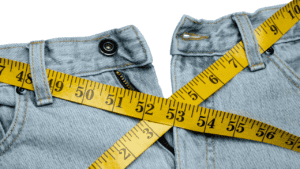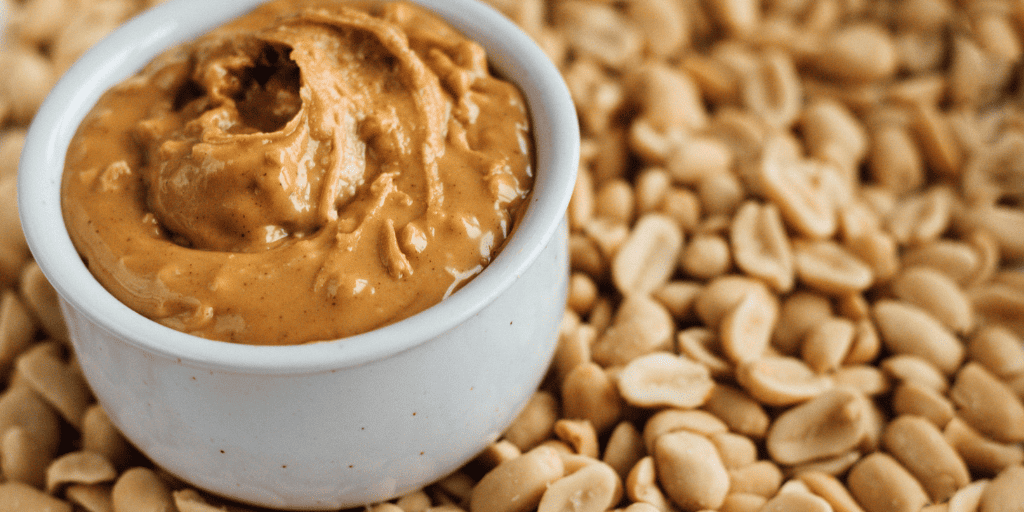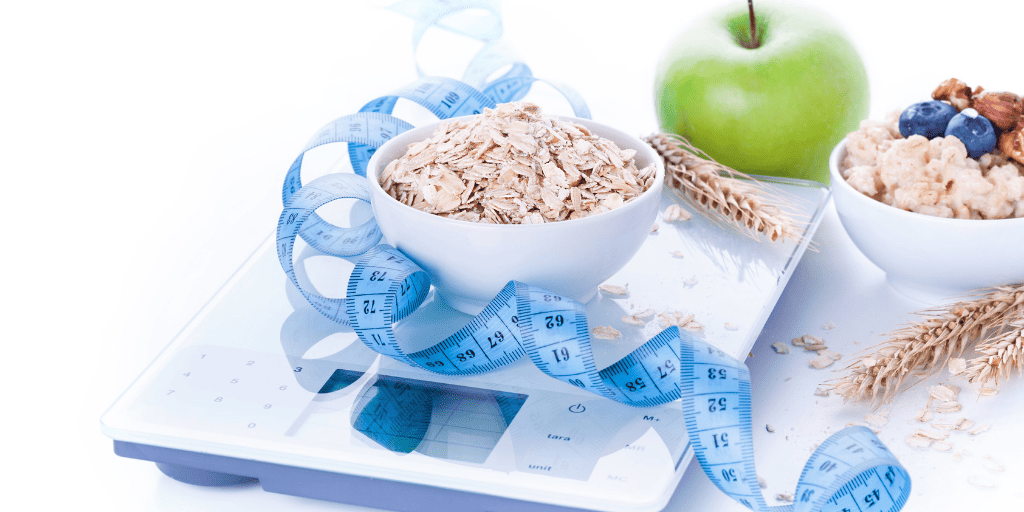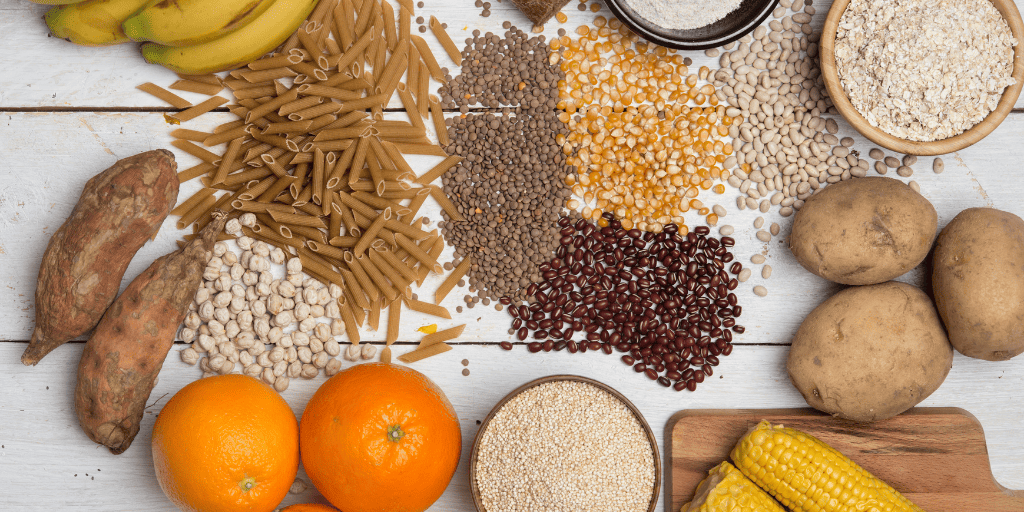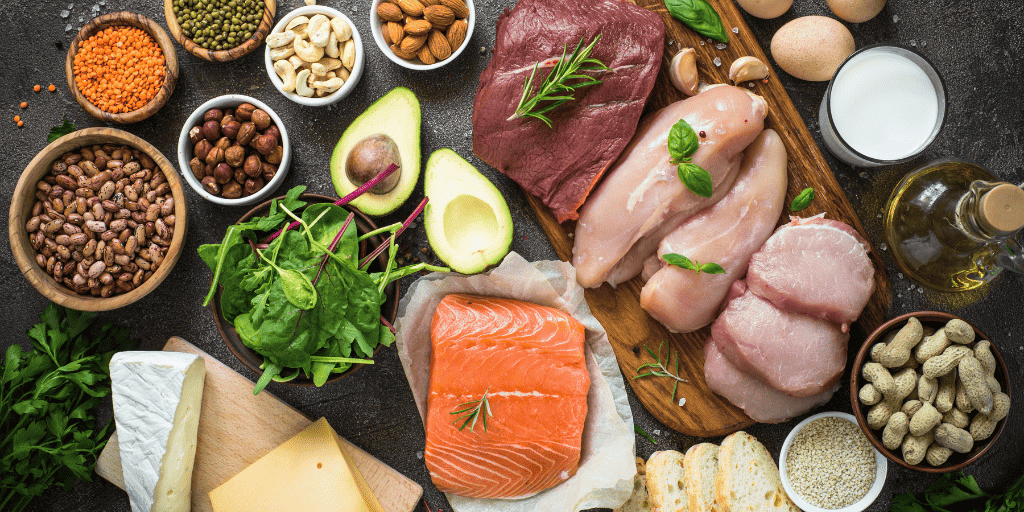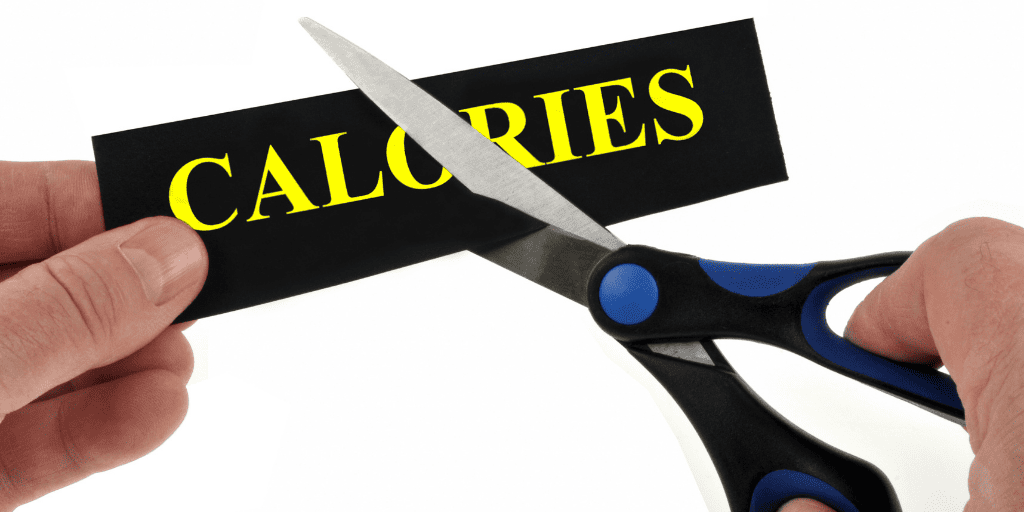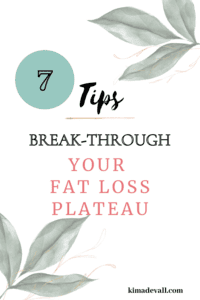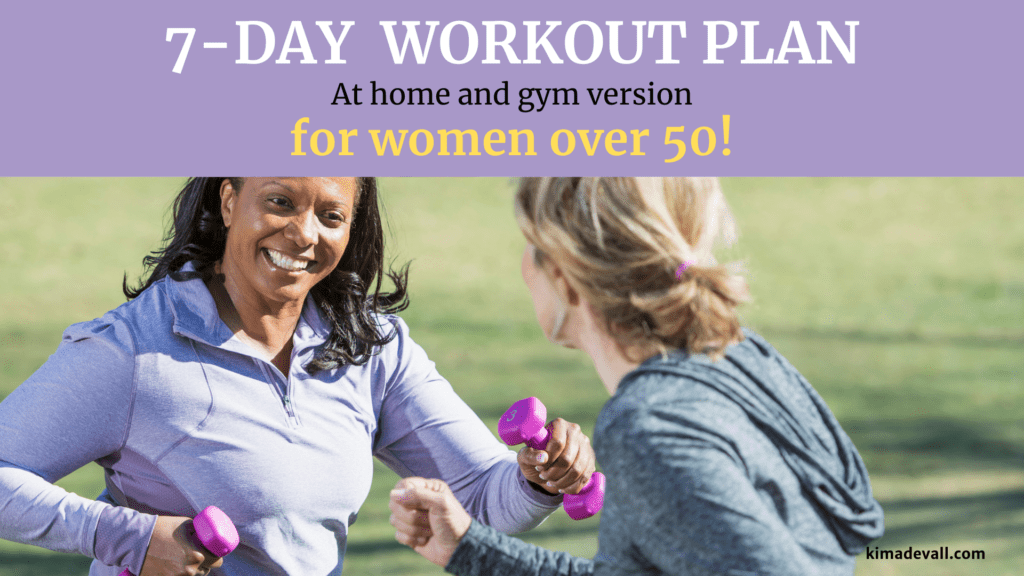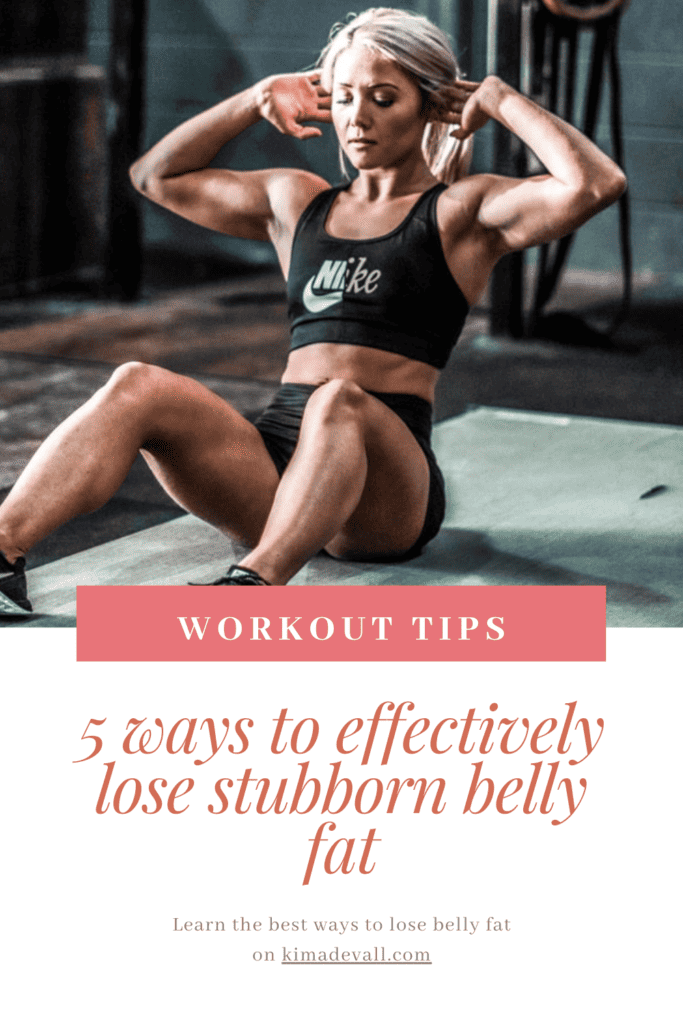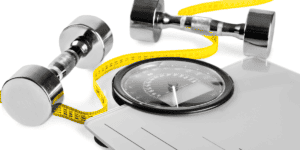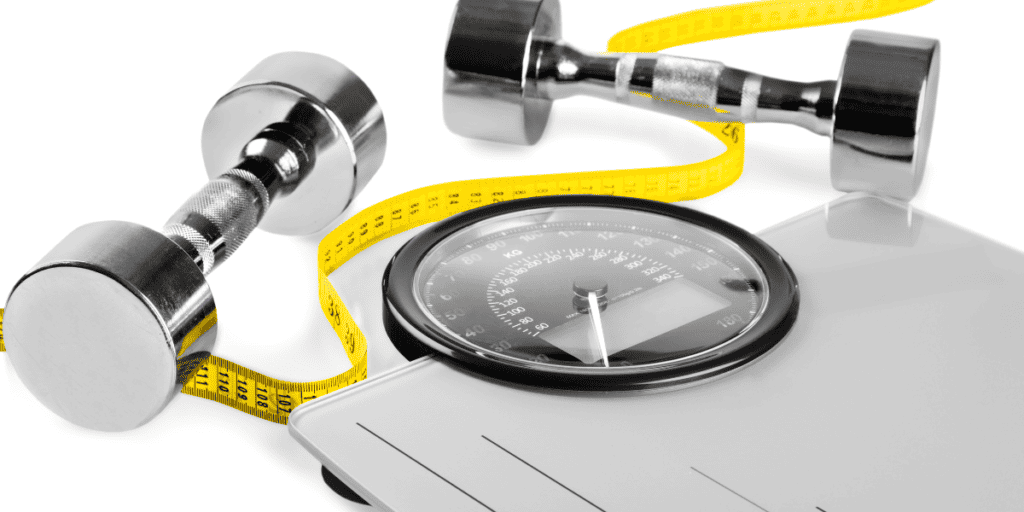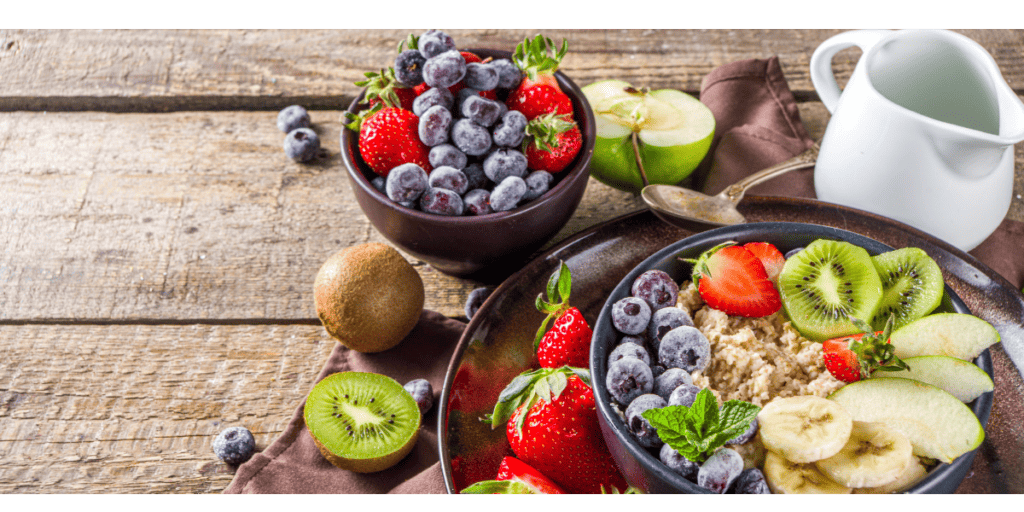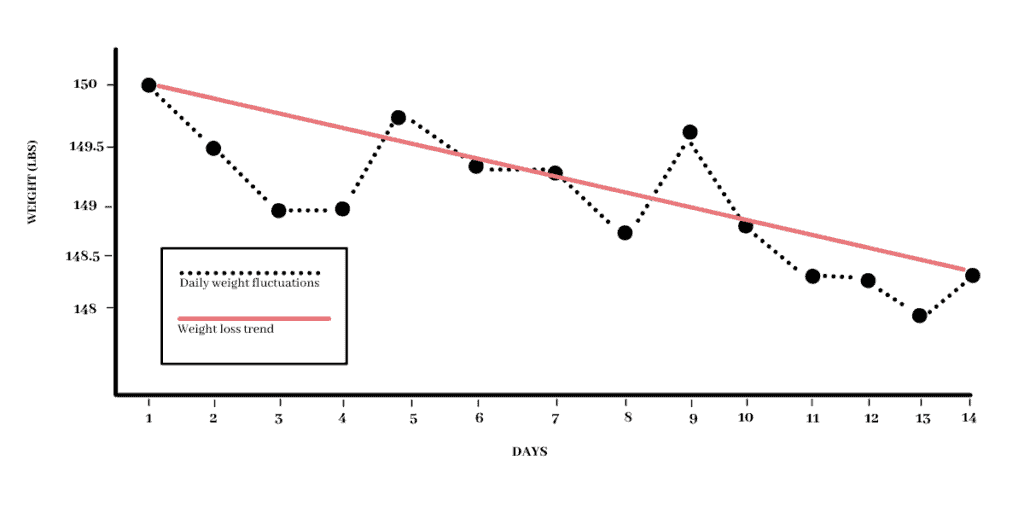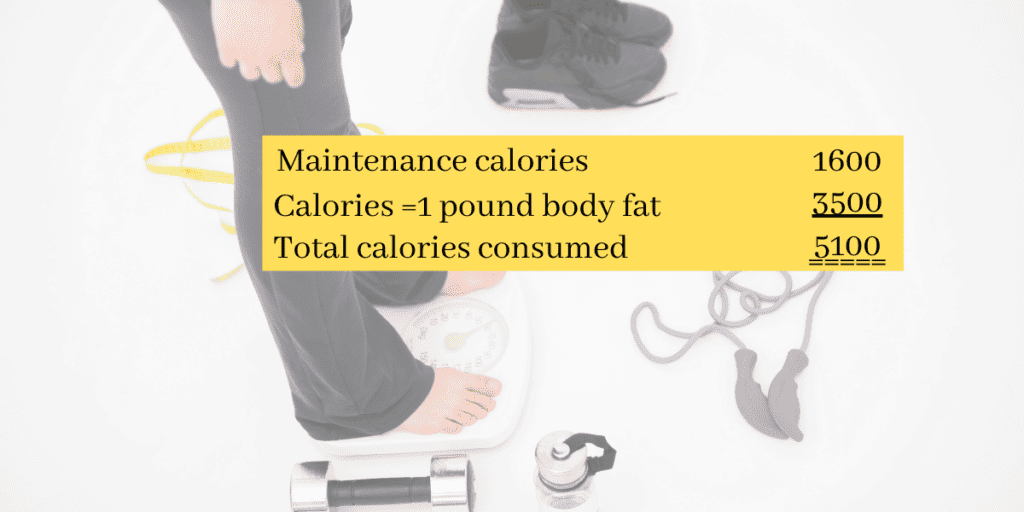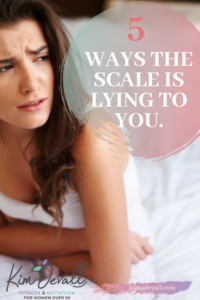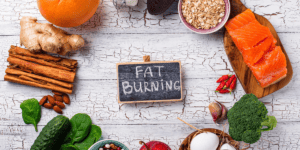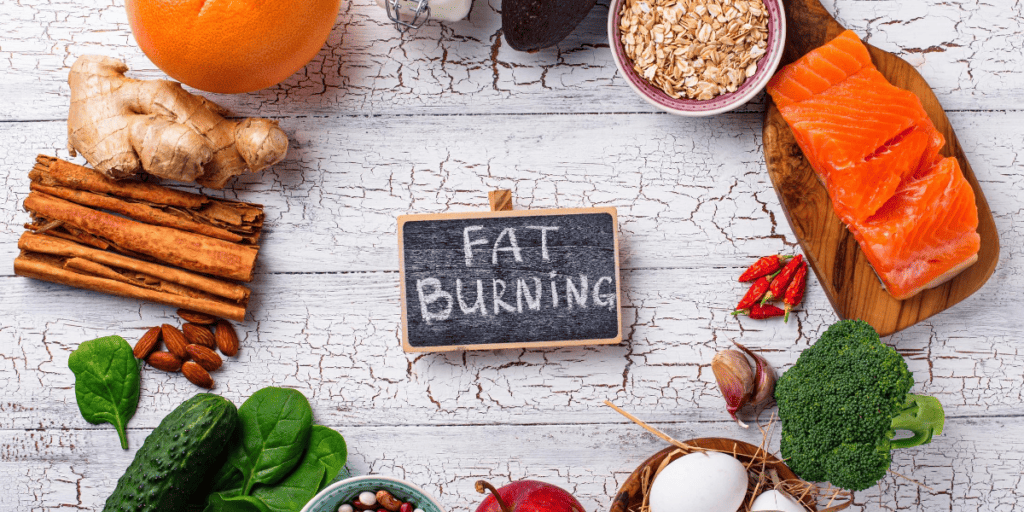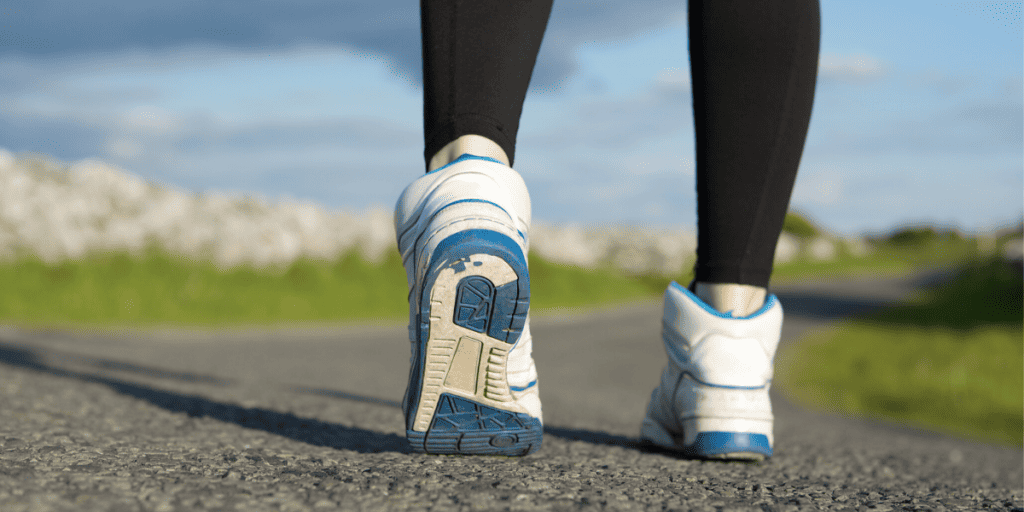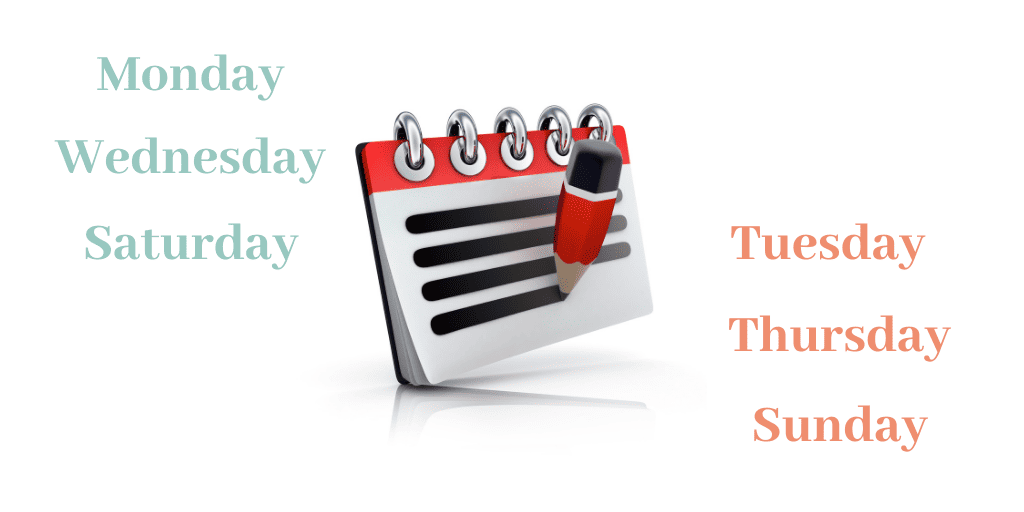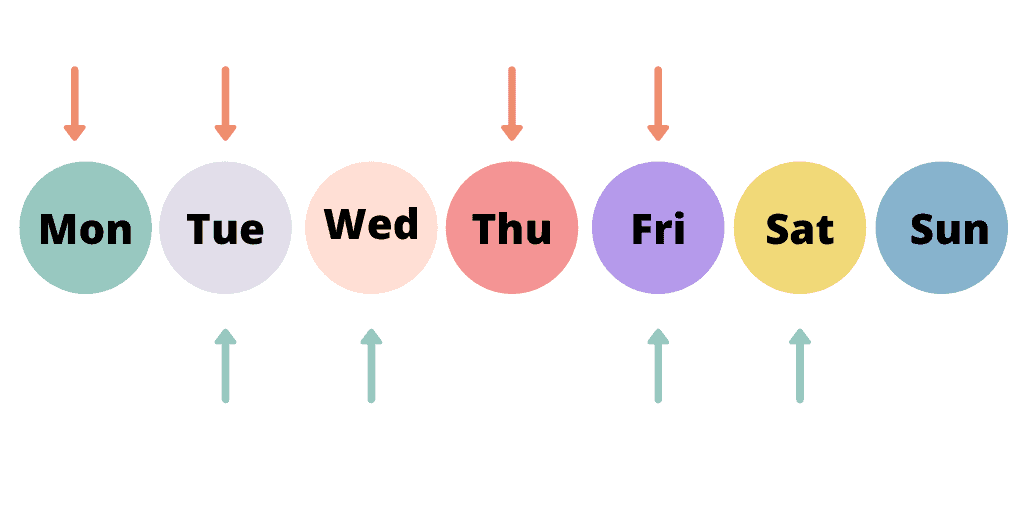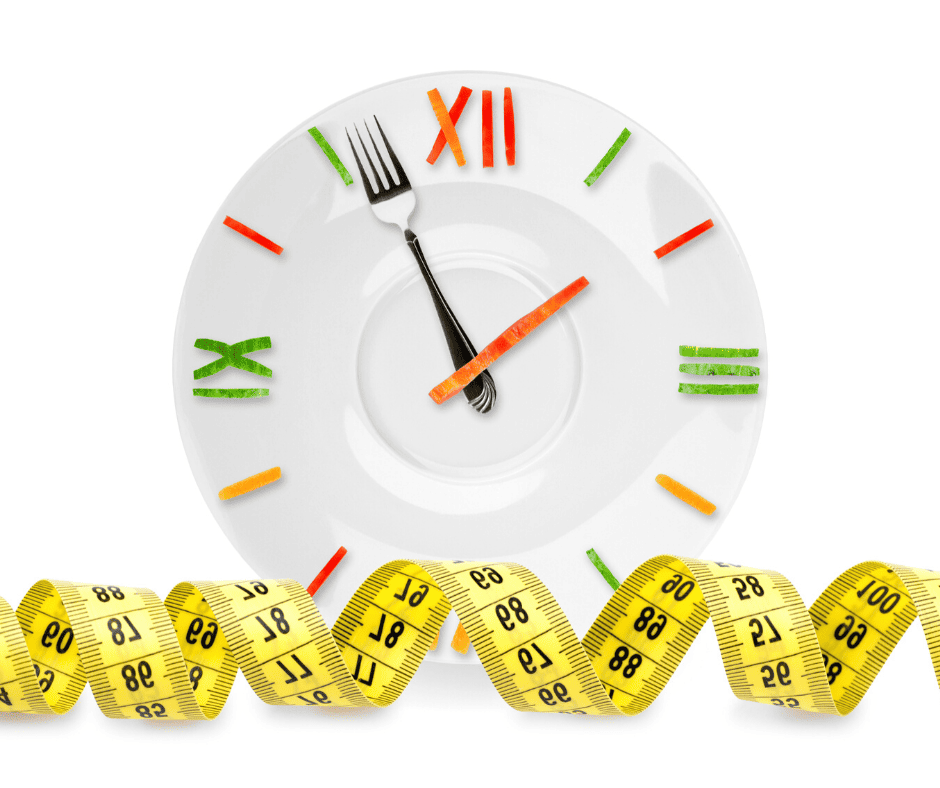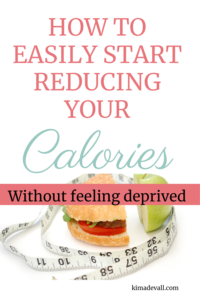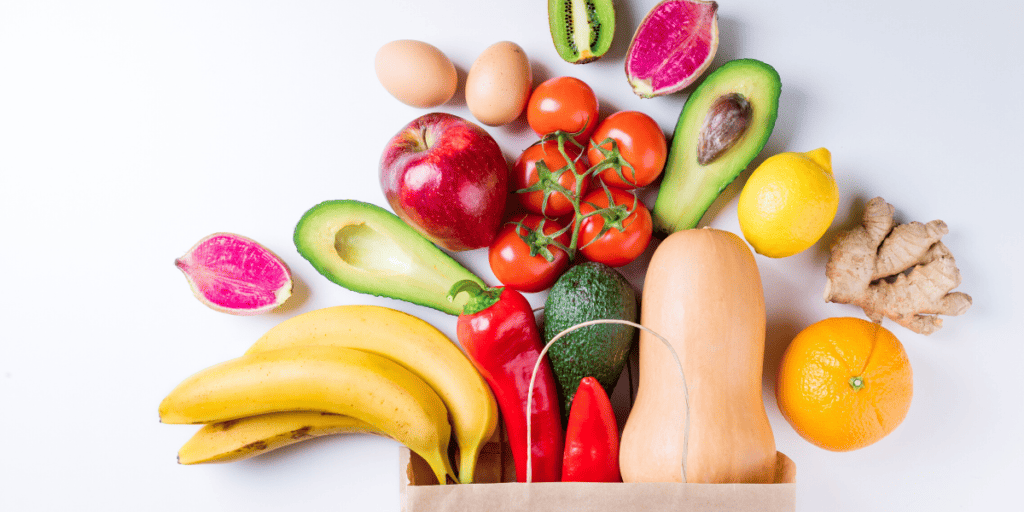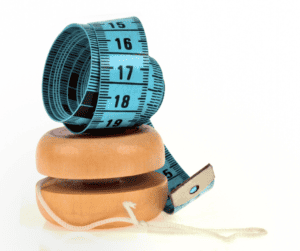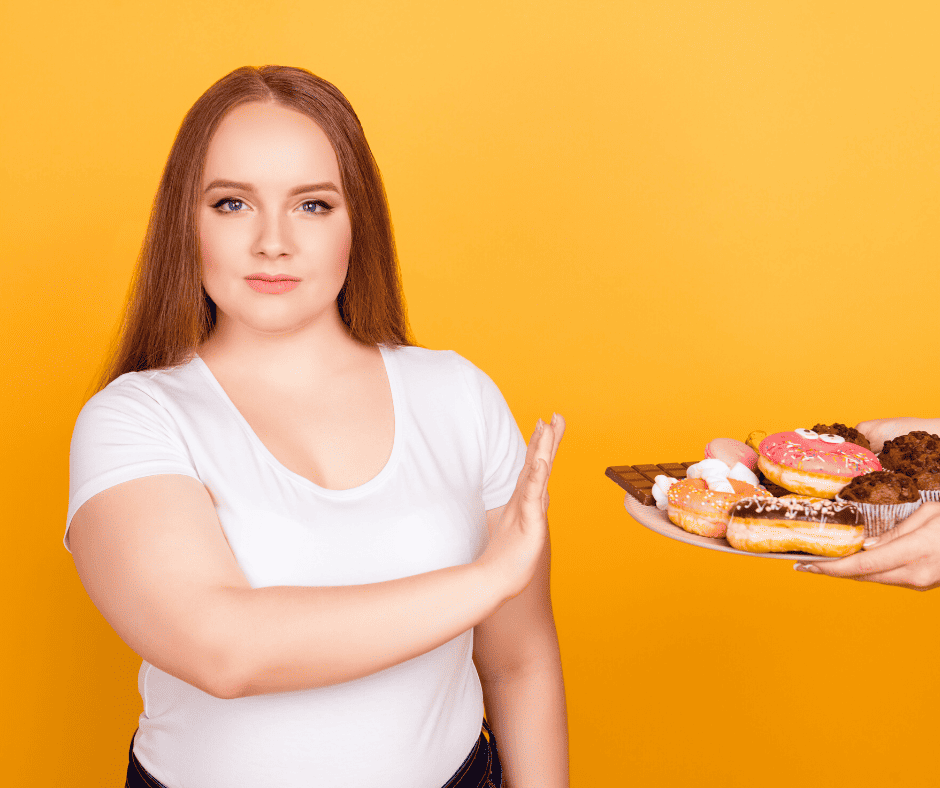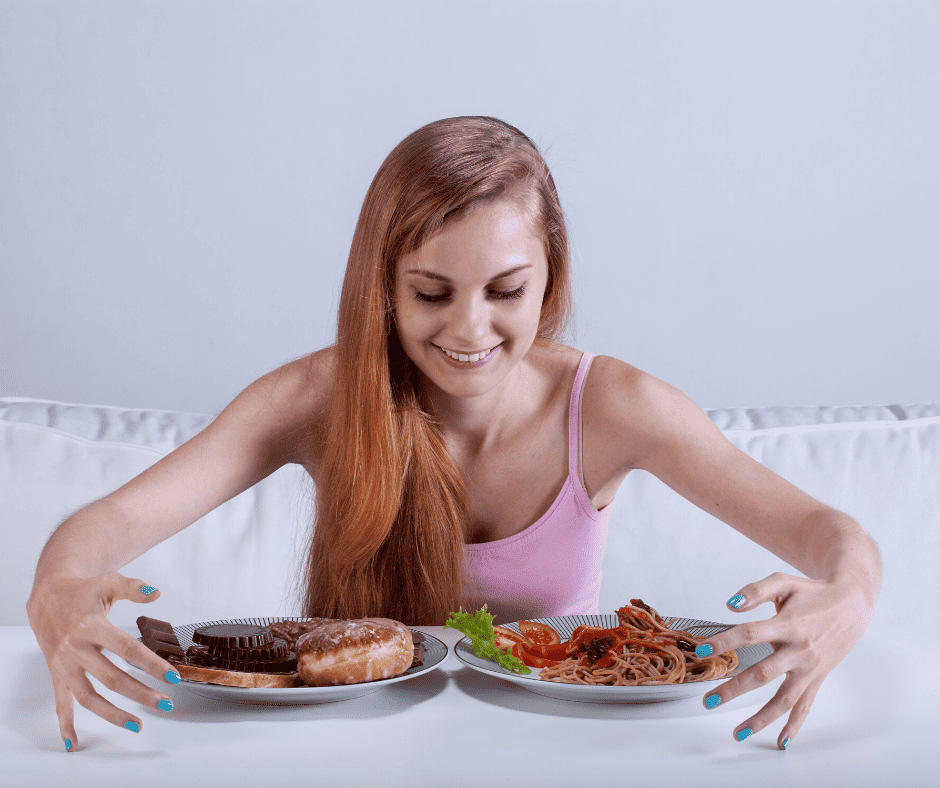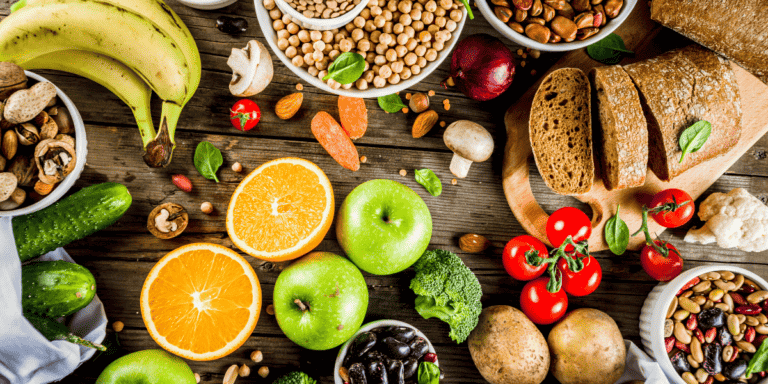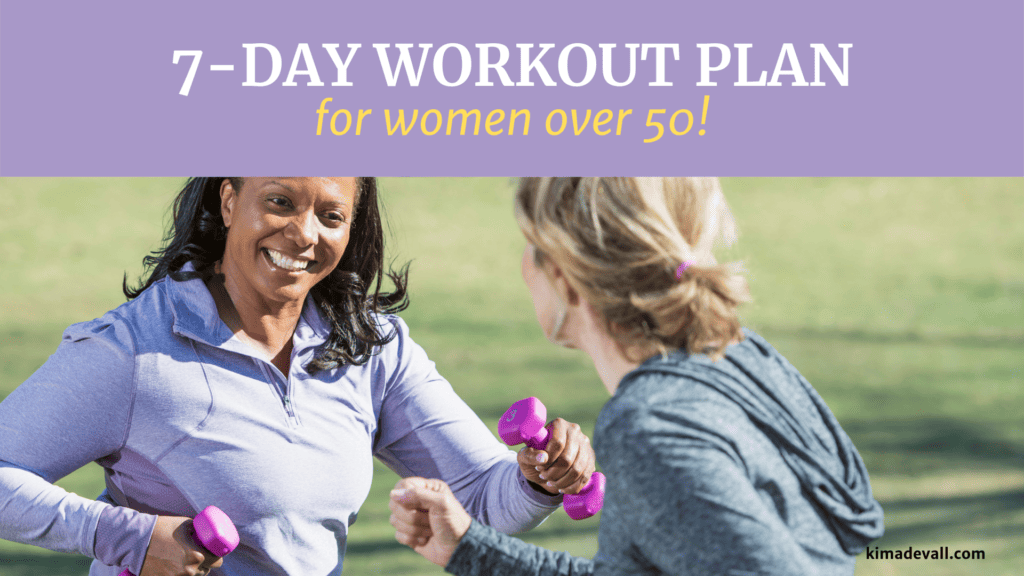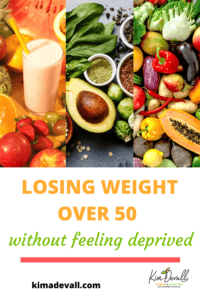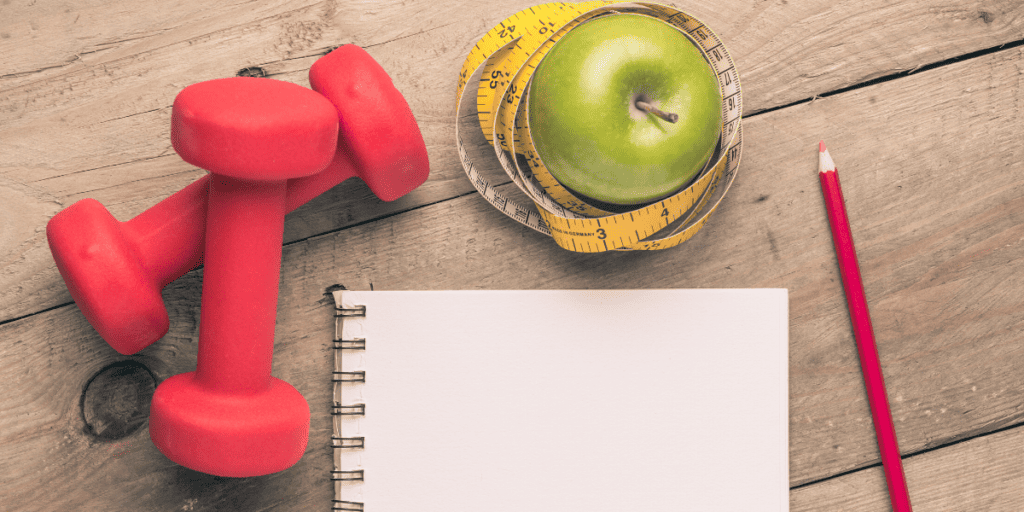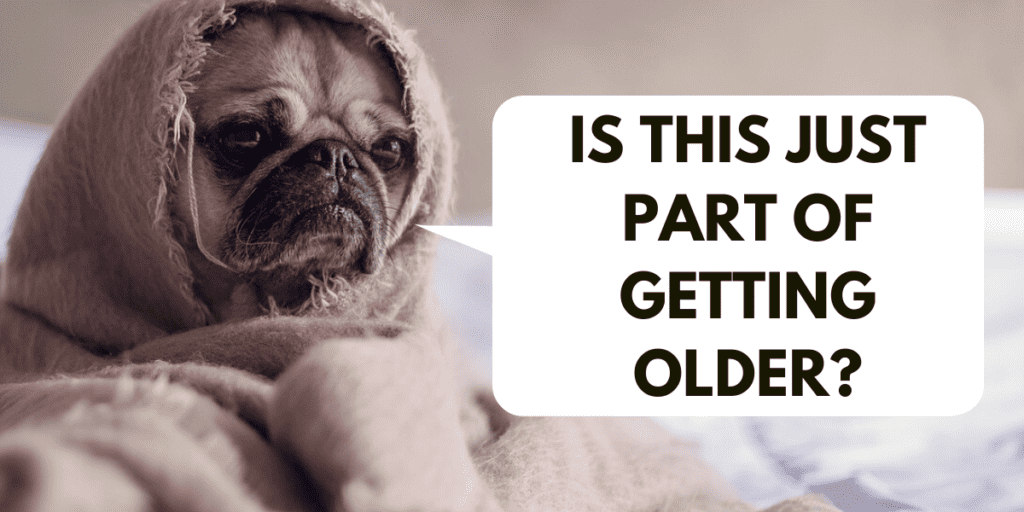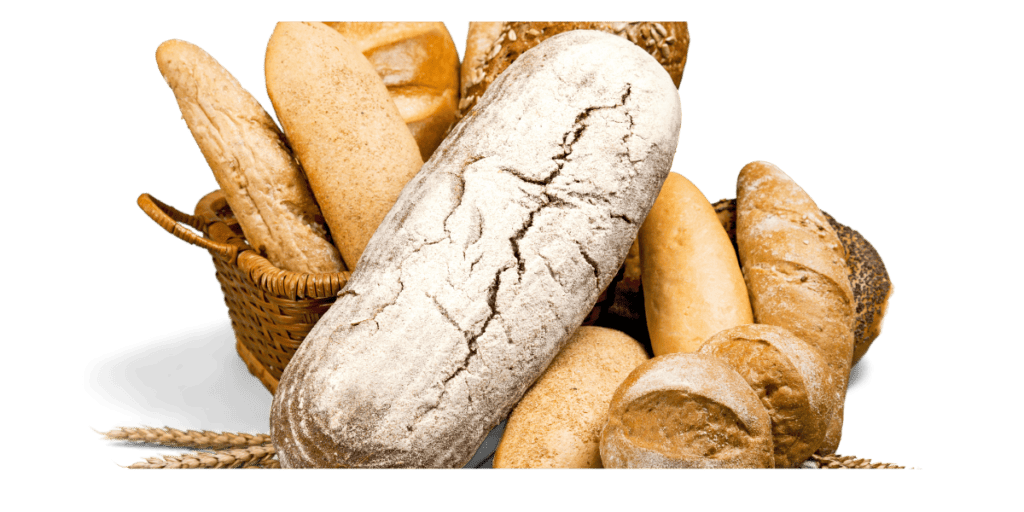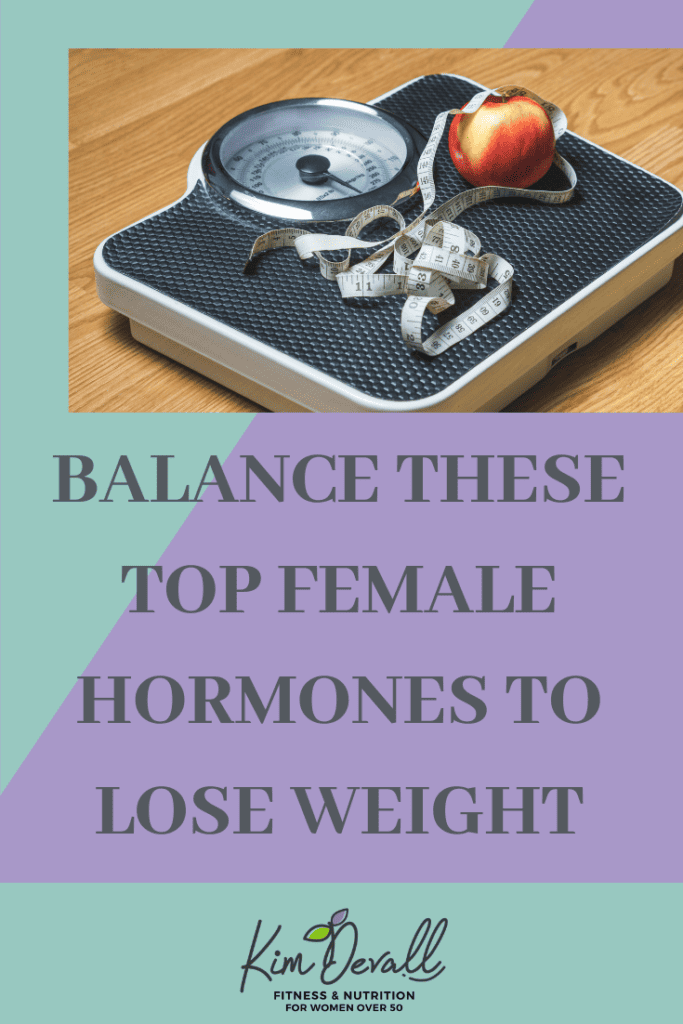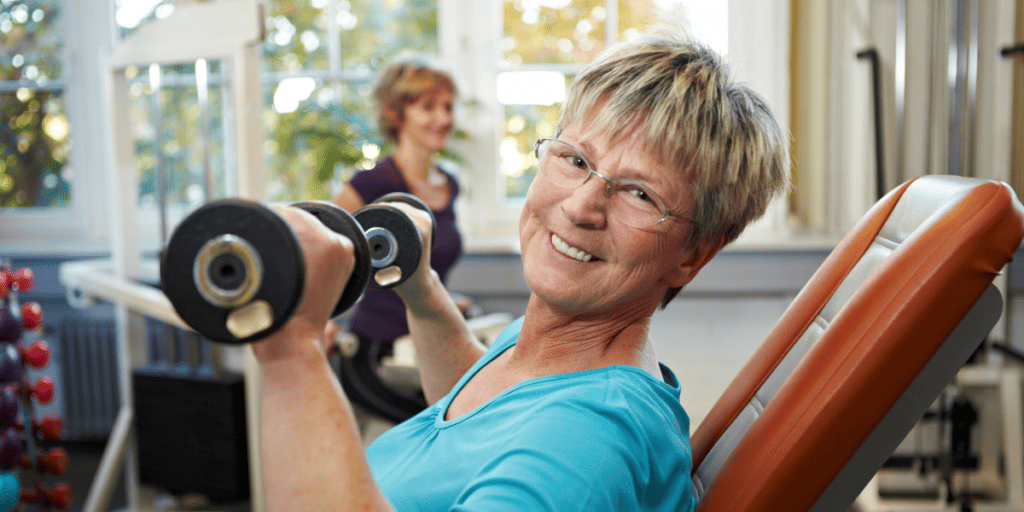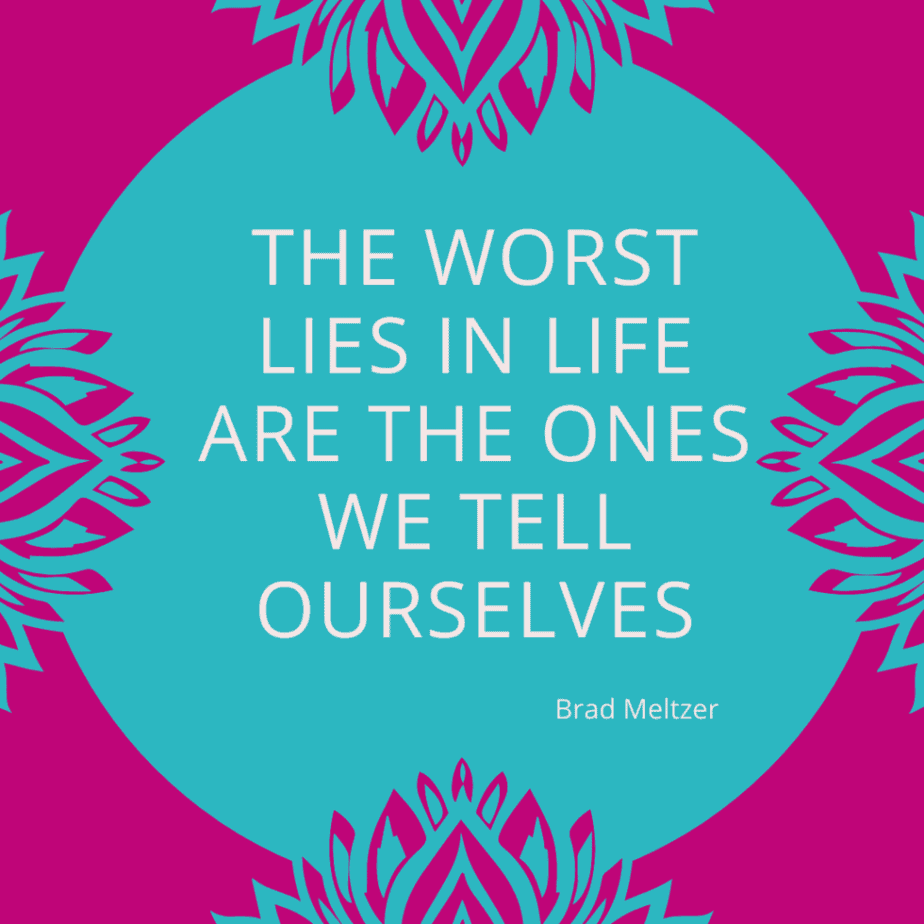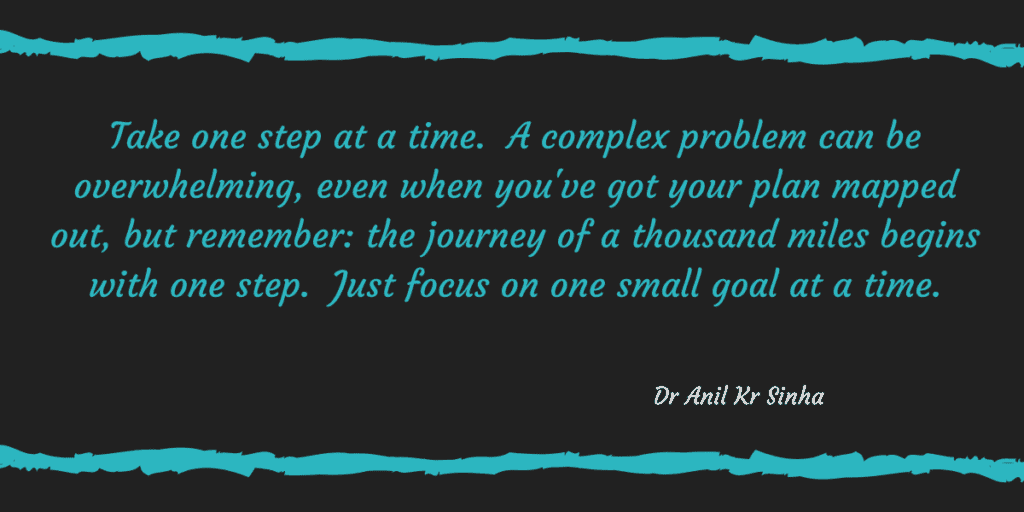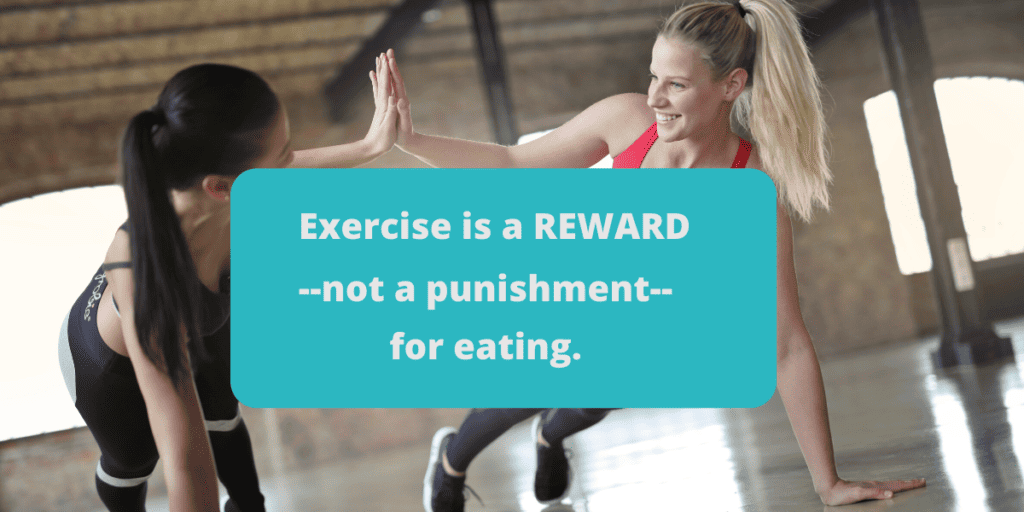- Post author:Kim Devall
- Post published:June 16, 2024
- Post comments:1 Comment
Wondering why you can’t lose weight?
You’re not alone, and while that might not offer much comfort, the struggle is real for many of us.
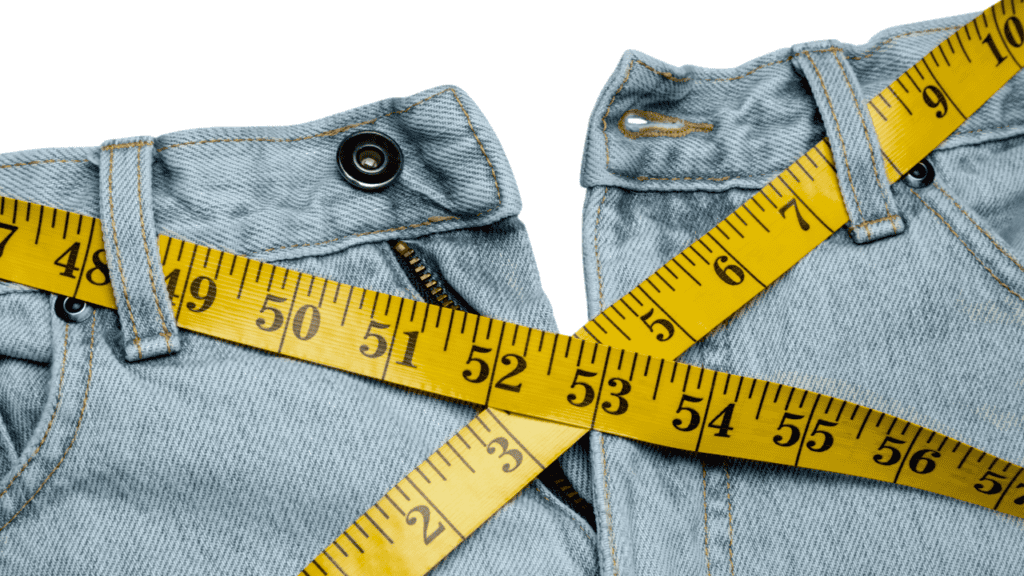
Obesity is rising at an alarming rate.
According to the CDC, adult obesity has nearly tripled since 1960. Back then, the prevalence of obesity was 13% among adults. As of 2023, this number has surged to 38%.
In 2022, the World Health Organization reported that 37 million children under the age of 5 were overweight.
Despite Americans spending an astronomical $60 Billion annually trying to lose weight, the numbers keep climbing. What is going on?
Clearly, something isn’t working.
By 1960, low-fat diets started gaining traction in pockets around the country. By the 1980’s, this approach was widely endorsed by doctors, the federal government, the food industry and the media.
The Food Pyramid – Good for us or NOT?
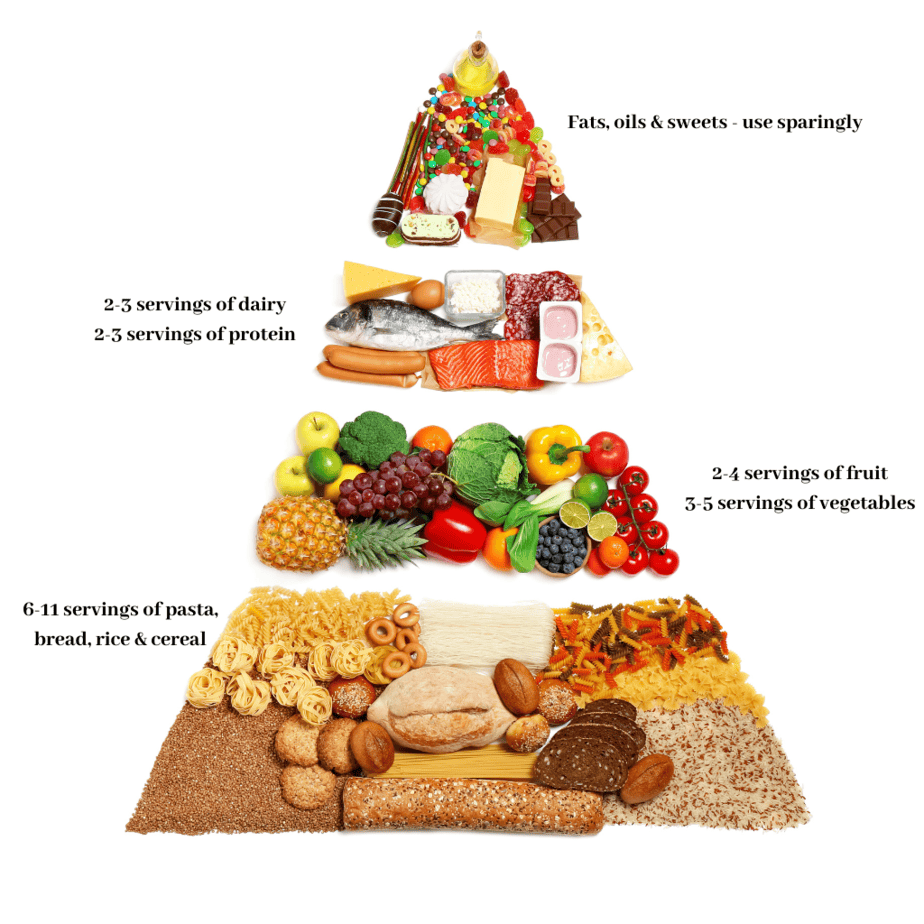
The food pyramid in the 1970’s recommended:
6-11 servings of pasta, bread, rice and cereal (high carbohydrate foods);
2-4 servings of fruit
3-5 servings of veggies
2-3 servings of dairy
2-3 servings of protein
And fats? To be used sparingly, along with sweets.
MyPlate not much better!
In 2011, the food pyramid was replaced by “MyPlate”, which emphasizes veggies a bit more but still allocates a significant portion to high-carbohydrate foods. It also recommends fat-free or low-fat dairy and reducing your saturated fat intake.
So, has this helped reduce the obesity rates?
With a 25% increase in obesity since the 1960’s, the answer is clearly no.
So, what gives?
What is making us hold on to those extra, unwanted pounds?
Excessive Carbohydrates!
My opinion – and that of many experts – the culprit is excessive carbohydrates!
Unless you are an athlete training for hours a day and burning through carbohydrates, most of us need to consider lowering our carbohydrate intake.
While the Federal Government, many doctors, the food industry and media may be telling us to lower our intake of fats, dietary fats are not making us fat. Carbohydrates are the primary culprit. And I’m not talking about the carbs in veggies or even fruits.
Of course, there are always exceptions.
But if you have been struggling to lose weight, it might be worth examining your carbohydrate intake.
Are you eating too many carbs?
The only way to really know is to start tracking the food you eat.
I know…
You’re already asking “do I really have to?”
Honestly, it’s the best and fastest way to get a clear picture of just how many carbs you’re eating.
And, it will make it so much easier if you decide to reduce your carbs since you’ll be able to easily see where you’re eating more carbs than you probably realized.
You can use any food tracking app—many free options are available, so no need to spend money.
After tracking for a few days, you’ll have a solid starting point.
Where to cut the carbs?
If you follow the Standard American Diet (SAD), you might be consuming 200-300 grams of carbs per day.
If you are, it’s unrealistic to expect a sudden drop from 300 grams to under 100 overnight. So, before you start cutting carbs, get a clear picture of your current intake.
Then slowly start reducing your carbs. This isn’t just about removing carbs though.
Unless you are significantly overeating (ie. eating too many calories), you’ll want to consider how you will replace those calories with calories from protein and fats.
Here are a few suggestions on how you could reduce your carb intake. Start with those foods that are relatively easy (ie. you won’t miss too much) or even just reduce the serving size.
Stop eating or reduce serving size for:
- Bread
- Sugary snacks – cakes, donuts, cookies
- Soft drinks
- Processed foods (often food that comes in a bag or box)
Another super easy way to reduce carbs is to check the labels. So many foods have unnecessary added sugar. Check for a brand with lower sugar.

